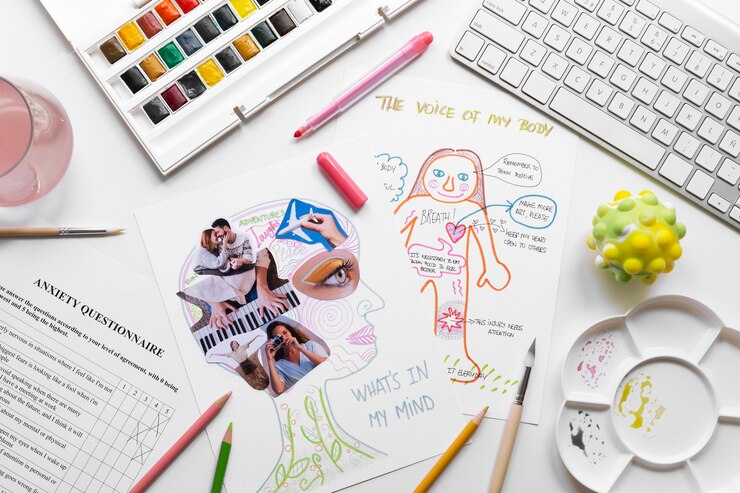
Inside: Discover why our child’s mental and emotional well-being needs more attention and how to advocate effectively.
Most parents would agree that their child’s health is their top priority. We’re often surrounded by resources about kids’ health, whether online or at the doctor’s office. But when you first thought of children’s “health,” did mental or emotional well-being come to mind?
Probably not. And that’s exactly why I was thrilled when I saw an article on my computer last week. Was I dreaming, or was there really an article on children’s mental health making the front page of a major online news site?
After getting over my joyful shock, I read about the efforts by the Duchess of Cambridge (Kate Middleton) and First Lady Michelle Obama, among others, to highlight children’s mental health in today’s world.
As a Child and Family Therapist, I’m well aware of society’s dismissive and stigmatizing attitudes towards children’s mental health. But seeing this topic getting attention was a relief, not just for my clients but personally, too. I have a spirited four-year-old daughter who deals with anxiety and sensory processing challenges, so this topic hits home for me both professionally and as a parent.
I encounter stigma at work when young clients feel embarrassed and ashamed entering my office for the first time. I’ve also faced it in public places, like when strangers glare disapprovingly if my daughter’s invisible disabilities overwhelm her.
As a mental health professional and a parent to a child facing these challenges, I believe it’s time for parents to reconsider their thoughts on this issue.
According to the National Institute of Mental Health, more than 20 percent (or 1 in 5) of children have faced a seriously debilitating mental disorder at some point. Why do we readily accept physical illnesses but often ignore or trivialize mental ones? Why do we confidently voice opinions on overmedication, yet struggle to name even five signs of anxiety in children?
First Lady Michelle Obama summarized it well: Too often, the stigma around mental health stops people from getting help. But it should not matter if an illness affects your heart, arm, or brain—it’s still an illness and warrants no distinction.
Think about that “one in five” statistic. If your family hasn’t faced these issues, it might seem distant, but consider this: these children are your neighbors, your child’s teammates, babysitters, camp counselors, and best friends. Are you interested yet?
If children’s mental health seems far removed, realize it touches us all. Ignoring this issue affects not only our kids but society as a whole. By taking small steps now, we can address childhood mental health concerns before they become threats.
Parents can lead the way in raising awareness and acceptance of children’s mental health struggles. Here’s how you can help:
1. **Educate Yourself:** Spend a few minutes during your morning coffee or waiting for your child after practice to learn more. There are plenty of resources that explain what depression might look like in an eight-year-old or how ADHD is not always about being hyperactive. This knowledge might aid a family you know now, and it could be crucial for your own child in the future.
2. **Challenge Your Beliefs:** Reflect on your views about children’s mental illnesses like anxiety, depression, and ADHD. Are they based on facts or misconceptions? Broadening your awareness and acceptance of these struggles is a key step in reducing stigma.
3. **Offer Support:** We’ve all seen our kids struggle at times. Remember the stress and isolation you felt then? Offer your support to other parents going through similar times. Parents of kids with mental illnesses often keep quiet due to fear of judgment. Listening without judgment can be the first step that encourages a parent to seek the treatment their child needs.
Together, we can create a world where children’s mental health receives the understanding and support it deserves. I’m counting on you to help make this a reality.
This article appeared on The Huffington Post.
P.S. Want to receive insightful emails on boosting your child’s emotional well-being and mental health? Sign up HERE (and enjoy a free therapist’s guide on child well-being as a welcome gift!).



